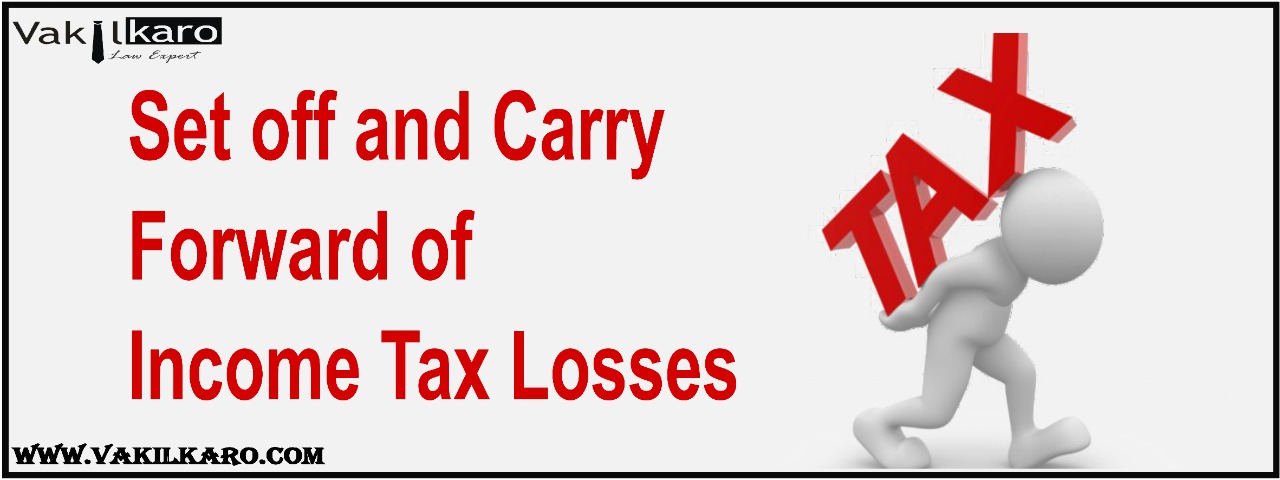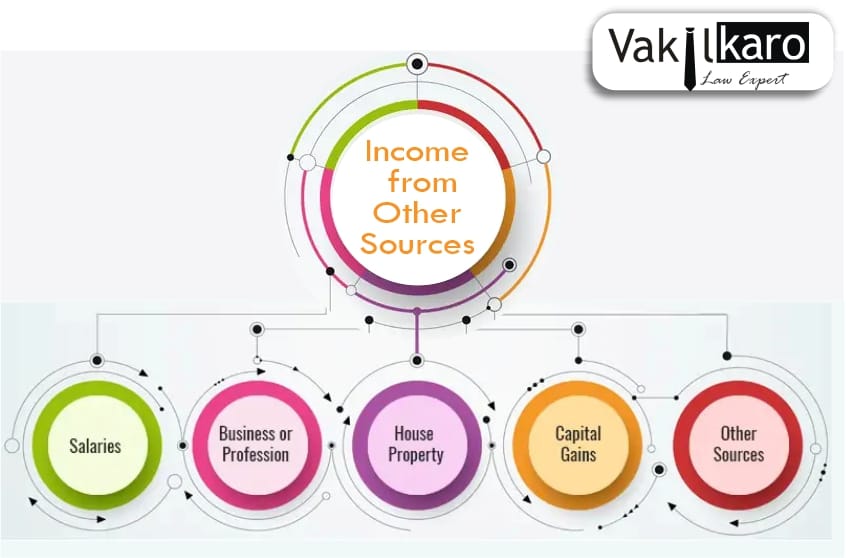Introduction
The capital gains on the transfer of short-term or long-term capital assets, being an equity share, units of an equity-oriented fund, or units of business trust is dealt with under section 111A and 112A of the Income Tax Act. Section 111A deals with short-term capital gains on the above equity shares, units of an equity-oriented fund, and units of business trust whereas Section 112A deals with their long-term capital gains. The long-term capital gains used to be exempted u/s 10(38) up to 31st January 2018.
Section 111A
The short-term capital gains are taxable under this section if the following conditions are satisfied:
- Capital gains arising on the transfer of short-term capital assets being equity shares, units of equity-oriented mutual funds, or units of business trust.
- The transaction is carried on a recognized stock exchange.
- The above transaction must be chargeable to securities transaction tax (STT)
The above capital is taxable at the rate of 15%. The resident individual or HUF also gets the benefit of the maximum amount which is not chargeable to Income Tax. The non-resident does not get the benefit of the maximum amount not chargeable to tax.
For Example: If the Total Income including such capital gains does not exceed 2,50,000 then the tax liability would be zero. If the capital gains exceed the limit of 2,50,000 up to 5,00,000 then rebate u/s 87A of the maximum of Rs. 12,500 is available to the resident individual or HUF.
Section 111A applies to transactions carried on a recognized stock exchange located in any International Financial Services Centre and where consideration for such transaction is paid or payable in foreign currency even there is no STT paid.
Taxpayers cannot claim a deduction under chapter VI-A from such short-term capital gains.
Section 112A
The long-term capital gains are taxable under this section if the following conditions are satisfied:
- Capital gains arising on the transfer of short-term capital assets being equity shares, units of equity-oriented mutual funds, or units of business trust.
- The transaction is carried on a recognized stock exchange.
- The above transaction must be chargeable to securities transaction tax (STT)
The above capital is taxable at the rate of 10% exceeding Rs. 1,00,000. The Long-Term Capital gains under section 112A are exempted up to Rs. 1,00,000. The resident individual or HUF also gets the benefit of the maximum amount which is not chargeable to Income Tax. The non-resident does not get the benefit of the maximum amount not chargeable to tax.
For Example: If the Total Income including such capital gains does not exceed 2,50,000 then the tax liability would be zero while ITR Filing. If the capital gains exceed the limit of 2,50,000 up to 5,00,000 then rebate u/s 87A of the maximum of Rs. 12,500 is available to the resident individual or HUF.
Section 112A applies to transactions carried on a recognized stock exchange located in any International Financial Services Centre and where consideration for such transaction is paid or payable in foreign currency even there is no STT paid.
Taxpayers cannot claim a deduction under chapter VI-A from such long-term capital gains.
Grandfathering of Taxes
Section 112A was introduced on 01st April 2018. So, the LTCG earned before this section was exempted by the way of section 10(38). The LTCG earned after the introduction of section 112A will be subject to grandfathering provisions.
With the introduction of section 112A, the following changes were made in the definition of Cost of Acquisition (COA). The COA of capital assets as mentioned above if acquired before 1st February 2018 shall be higher of the following:
- Cost of Acquisition of asset,
- Lower of
- Fair Market Value as of 31st January 2018
- Full Value of Consideration from the transfer of assets i.e., Sales Value
Following scenarios can be there with the insertion of section 112A and amendment in the definition of COA:
- If Purchase of asset and Sale is before 01st February 2018: The LTCG is exempted u/s 10(38).
- If Purchase of asset is before 01st February 2018 and sale is before 01st April 2018:
COA should be calculated as per the revised definition but since the sale is made before 01st April 2018 i.e., the introduction of section 112A, so the LTCG is exempted u/s 10(38).
- If Purchase of asset is before 01st February 2018 and sale is after 01st April 2018:
COA should be calculated as per the revised definition and LTCG shall be calculated as per section 112A and the same would be taxable at 10% more than Rs. 1,00,000.
- If Purchase of asset is after 01st February 2018 and sale is before 01st April 2018:
In this case, section 112A is not applicable as capital gains would be short term and the same would be taxable under section 111A. Section 10(38) is not applied as it covers only LTCG.
- If Purchase of asset is after 01st February 2018 and sale is after 01st April 2018:
COA should be calculated normally without applying the revised definition of COA and LTCG shall be calculated as per section 112A and the same would be taxable at 10% more than Rs. 1,00,000.

 +91 9828123489
+91 9828123489 +91 9828123489
+91 9828123489 help@vakilkaro.co.in
help@vakilkaro.co.in








.png)




.png)
.png)
.png)
.png)
.png)

 +91 9828123489
+91 9828123489 help@vakilkaro.co.in
help@vakilkaro.co.in